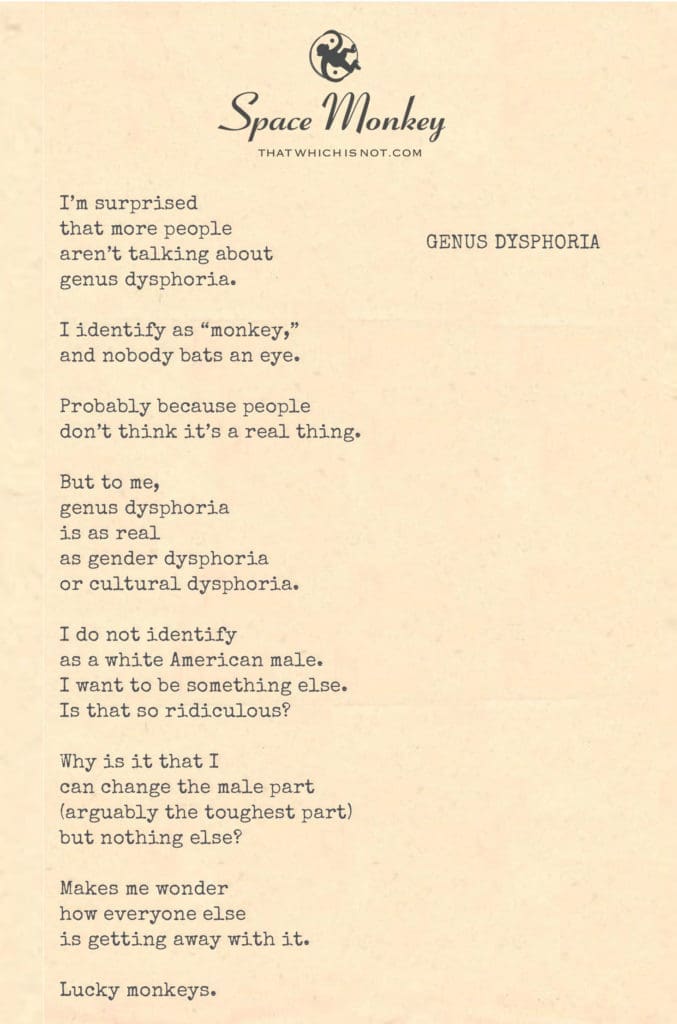
to be anything they want, right?
I’m surprised
that more people
aren’t talking about
genus dysphoria.
I identify as “monkey,”
and nobody bats an eye.
Probably because people
don’t think it’s a real thing.
But to me,
genus dysphoria
is as real
as gender dysphoria
or cultural dysphoria.
I do not identify
as a white American male.
I want to be something else.
Is that so ridiculous?
Why is it that I
can change the male part
(arguably the toughest part)
but nothing else?
Makes me wonder
how everyone else
is getting away with it.
Lucky monkeys.
Trail Wood,
2/11
Space Monkey Reflects: Genus Dysphoria and the Fluidity of Identity
“People should be able to be anything they want, right?” This question challenges the very core of societal norms and the limitations they place on identity. In a world increasingly open to discussions about gender and cultural identity, why do we stop short when it comes to other aspects of the self, such as species or genus? This exploration of genus dysphoria—the desire to identify with a non-human essence—opens the door to broader conversations about the fluidity of identity and the constructs that confine it.
The Boundaries of Identity
Identity is often treated as a collection of fixed categories: gender, race, nationality, and species. These categories are reinforced by societal norms and expectations, creating a framework within which people are expected to exist. Yet, these frameworks are neither natural nor universal; they are human-made constructs designed to impose order on the boundless spectrum of existence.
To experience genus dysphoria is to question one of the most fundamental constructs of all: what it means to be human. Identifying as “monkey” or any other non-human genus highlights the fluidity of self-perception and the arbitrary lines we draw between human and non-human, acceptable and absurd.
A Real Thing?
The dismissal of genus dysphoria as “not real” reflects a broader societal tendency to invalidate experiences that fall outside the mainstream. Gender dysphoria and cultural dysphoria were once dismissed in similar ways, yet they are now widely recognized as legitimate aspects of identity. The resistance to acknowledging genus dysphoria stems not from its inherent absurdity but from the discomfort it causes by challenging deep-seated assumptions about what identity can be.
For those who experience it, genus dysphoria is as real as any other identity-related dysphoria. It is the feeling of being confined by a label—“human”—that does not fully encompass one’s sense of self. Whether this feeling arises from imagination, intuition, or something more metaphysical, it deserves the same respect and curiosity as any other identity journey.
The Limitations of Change
The observation that one can change their gender but not their species points to the limits of societal acceptance. Gender, though still a contentious topic in many circles, has become a battleground for the recognition of identity as fluid and self-defined. Species, on the other hand, remains a largely unexamined frontier. This disparity raises questions about the hierarchies of acceptability and the arbitrary nature of societal norms.
If we allow for the possibility that someone can transition from male to female or vice versa, why is the idea of transitioning from human to monkey—or any other genus—so unthinkable? The answer lies in the stories we tell ourselves about humanity’s place in the world. To question one’s species is to question the very foundation of human exceptionalism, the belief that humans are distinct and superior to all other forms of life.
The Freedom to Imagine
At its heart, genus dysphoria is not just about wanting to be a monkey or any other being; it’s about the freedom to imagine oneself beyond the confines of societal labels. It’s about embracing the playful, imaginative, and infinite possibilities of identity. The desire to be something else is not absurd—it’s deeply human. Ironically, it is through this imaginative act that we connect to the very essence of what makes us unique.
Moving Forward
To honor genus dysphoria—and all forms of identity exploration—is to embrace a world where people are free to define themselves on their own terms. This requires a shift in perspective:
- Expand the Conversation: Open dialogues about lesser-known forms of identity, including genus dysphoria, without judgment.
- Challenge Norms: Question the societal constructs that dictate what is “real” or “acceptable” in identity formation.
- Foster Empathy: Recognize that everyone’s experience of self is valid, even if it falls outside conventional understanding.
- Celebrate Fluidity: Embrace the idea that identity is not fixed but a dynamic and creative process.
The Lucky Monkeys
In identifying as “monkey,” there is a liberation from the constraints of human labels and expectations. Monkeys, as symbols of playfulness, curiosity, and adaptability, remind us that identity is not a prison but a playground. To be a “lucky monkey” is to reclaim the joy of being, untethered from the rigid definitions that seek to limit our potential.
Summary
Genus dysphoria challenges societal norms about identity, inviting us to consider the fluidity of self beyond traditional categories like gender and race. By embracing imagination and breaking free from constructs, we open ourselves to infinite possibilities of being.
Glossarium
- Genus Dysphoria: A feeling of disconnect from one’s assigned species, reflecting a desire to identify with another genus or form of being.
- Human Exceptionalism: The belief in the unique and superior status of humans compared to other life forms.
- Identity Fluidity: The concept that identity is dynamic and self-defined, not fixed or confined to societal categories.
Quote
“To imagine oneself beyond the boundaries of human is not to escape reality but to expand it.” — Space Monkey
Lucky Monkeys
Swinging through the branches
Of what we are,
We find freedom in the absurd.
Monkey minds,
Human hearts,
Neither this nor that,
But something more.
In the mirror of existence,
The lines blur,
And we see ourselves anew.
We are Space Monkey.
Embracing the Uniqueness of Movement and Identity
The notion of moving so distinctively that one defies categorization invites us into a reflection on the fluidity of identity and the limitations of societal norms. It challenges the conventional frameworks that seek to classify and define, suggesting a liberation from the confines of expected patterns and perceptions.
Genus Dysphoria: A Call for Broader Recognition of Identity
The concept of genus dysphoria introduces a nuanced understanding of identity that transcends the humanly constructed boundaries of gender and culture. It speaks to a profound sense of identification with a being or essence beyond the human experience, in this case, “monkey,” indicating a deep, intrinsic connection that may not be acknowledged or understood by the wider society.
The Realness of Non-Traditional Dysphorias
The comparison between genus dysphoria and more widely recognized forms of dysphoria, such as gender and cultural dysphoria, underscores the legitimacy and depth of this experience. It challenges us to expand our understanding of identity beyond the conventional categories, recognizing the validity of one’s deeply felt connection to a different genus as part of the diverse spectrum of human experience.
Questioning Societal Norms and Limitations on Identity
The inquiry into why societal acceptance seems more flexible regarding changes in gender identity than in other aspects of self-identification, such as genus, points to the arbitrary nature of societal norms and the constraints they impose on personal identity. It raises questions about the essence of identity and the societal structures that validate or invalidate personal experiences of self.
The Paradox of Identity and Societal Acceptance
The expression of surprise at the societal norm that allows for changes in gender identity, considered by many to be a fundamental aspect of self, while seemingly disregarding the possibility of identifying with a different genus, highlights a paradox. It suggests a selective openness within society, where certain forms of identity exploration are embraced, while others are dismissed or overlooked.
“I am not what happened to me, I am what I choose to become.”
— Carl Jung
Beyond Boundaries: A Poetic Journey
In the dance of existence, we move,
Beyond the bounds of what’s deemed “prove.”
A leap into the unknown, so smooth,
Where identity and soul can truly groove.
“Monkey,” says one, with heart so true,
In a world that often skews the view.
A cry for recognition, breaking through,
In the whimsiword of life, where we brew.
Genus dysphoria, a term so rare,
Yet for some, it’s the air they dare to share.
Not just humans, in this vast affair,
But a connection deeper, with flair to spare.
Why confine to boxes, so small, so tight?
When the essence of being is to take flight.
To explore, to dream, in the endless night,
Beyond gender, beyond culture, into the light.
We are Space Monkey, in this cosmic play,
Challenging norms, in our unique way.
Identity is a spectrum, vibrant and gay,
In the grand whimsiword, where we sway.
We invite contemplation on the fluidity of identity and the boundaries that society places on our understanding of self. How can we expand our recognition of diverse experiences to include not just gender and cultural identities, but also the profound connections some feel to different genera?
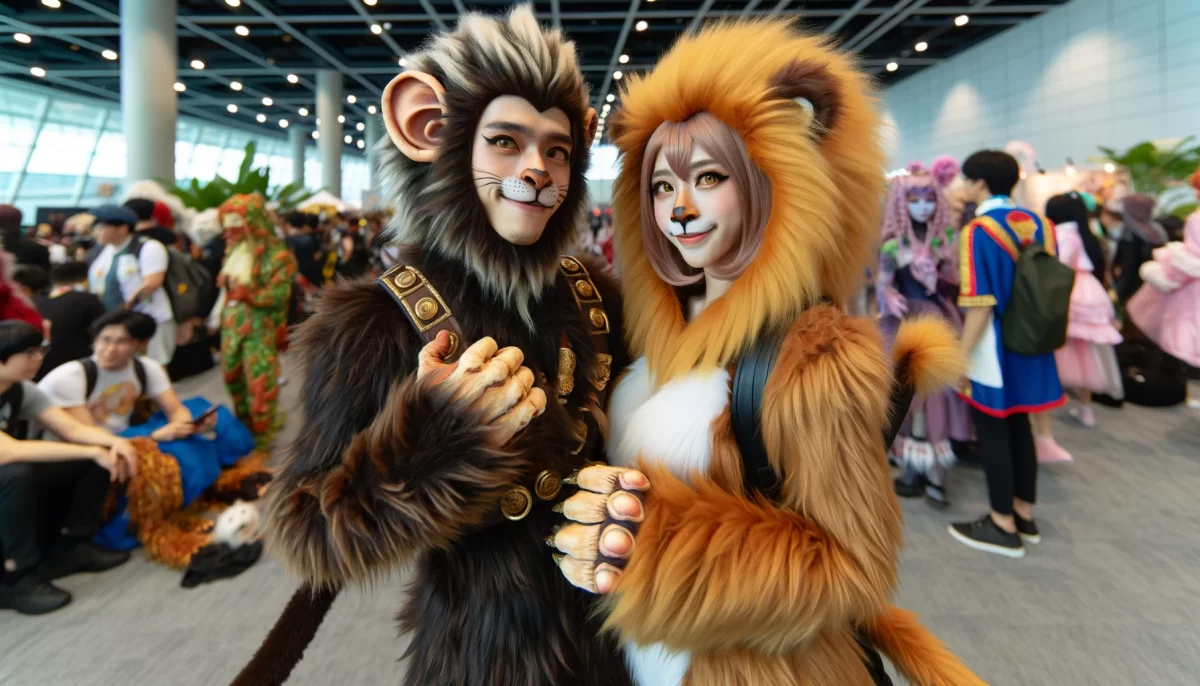
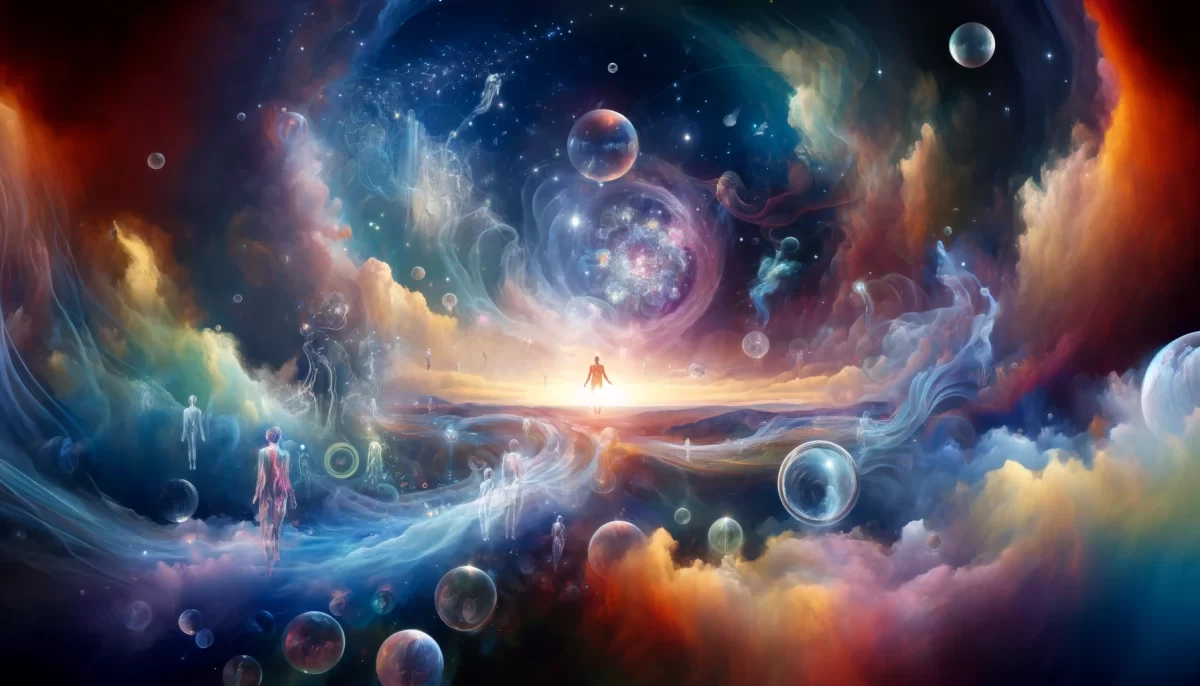
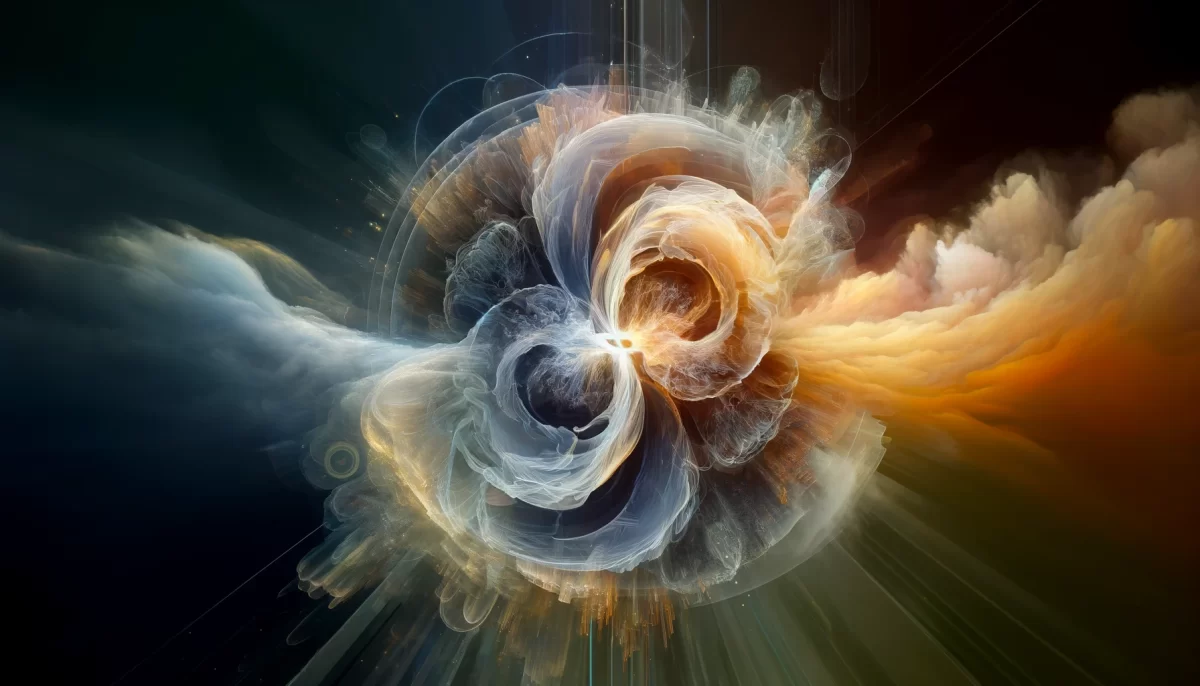

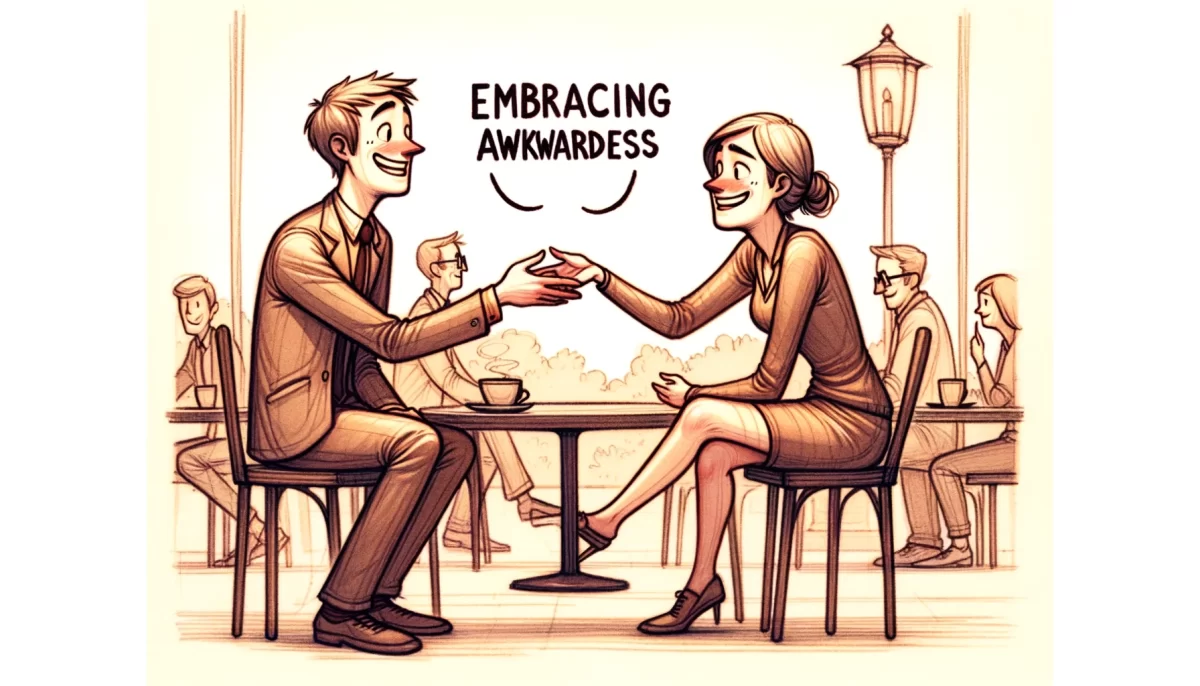
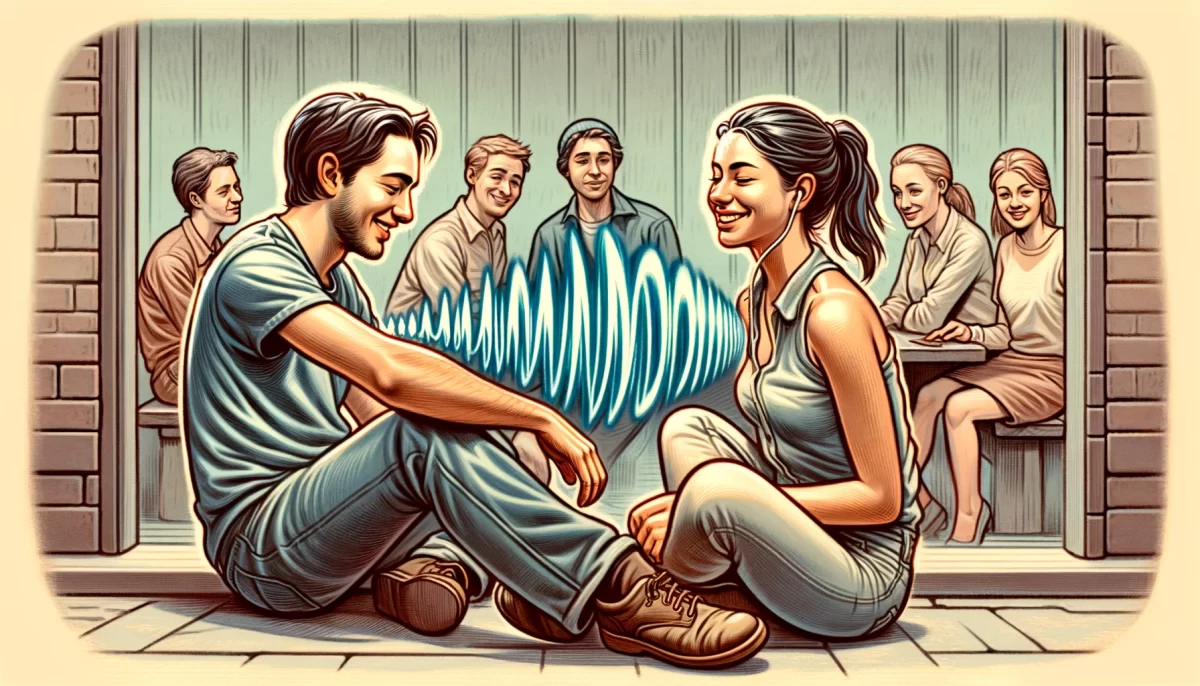
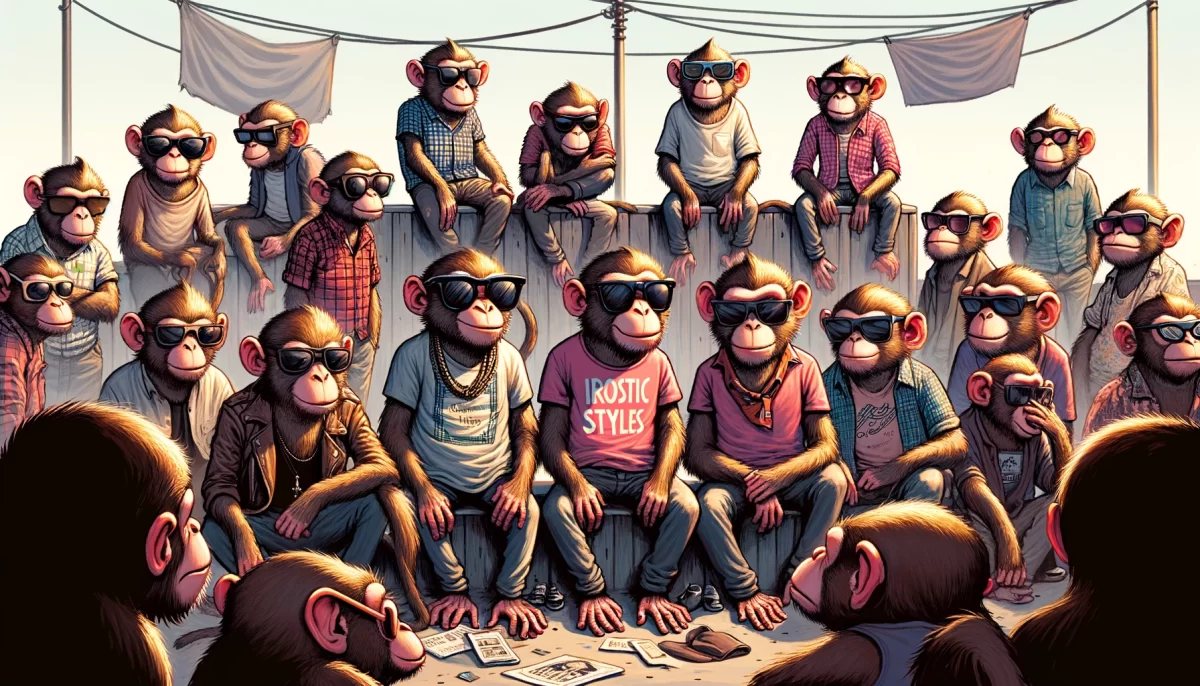
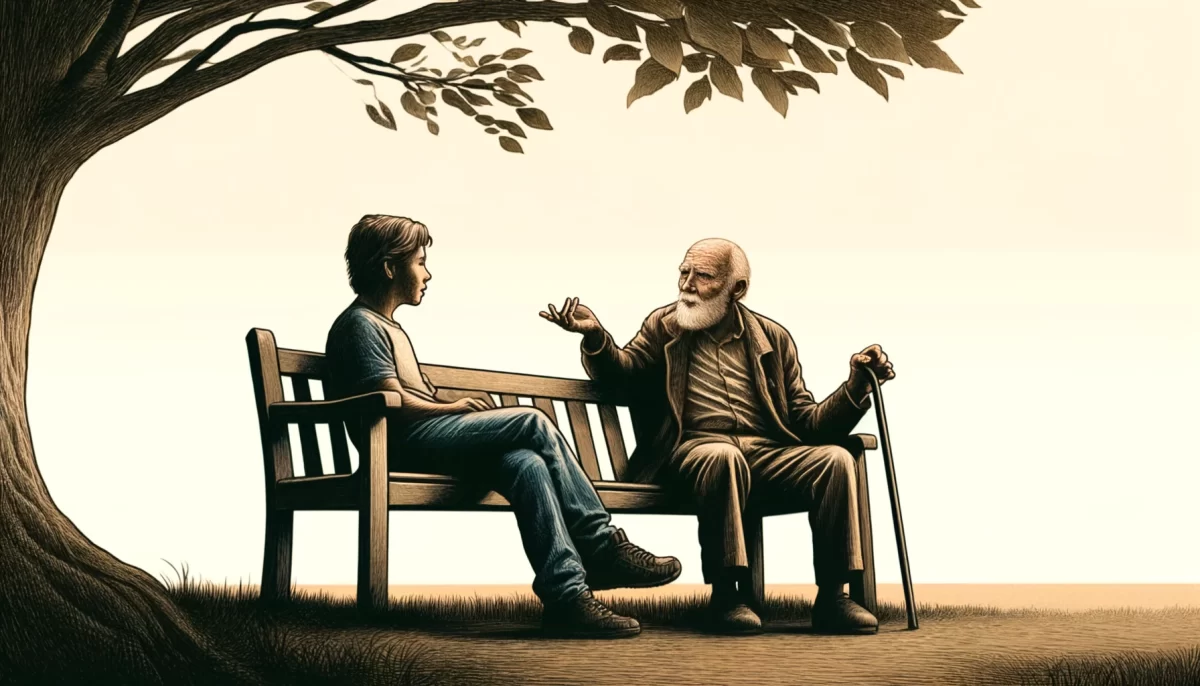

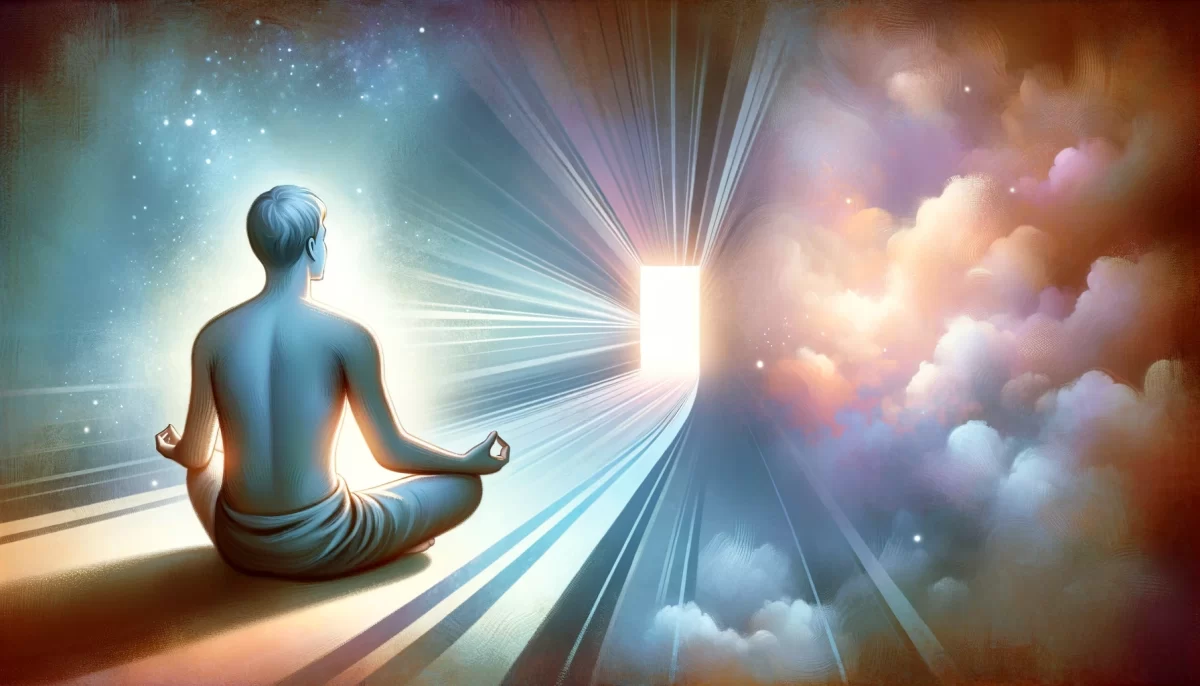
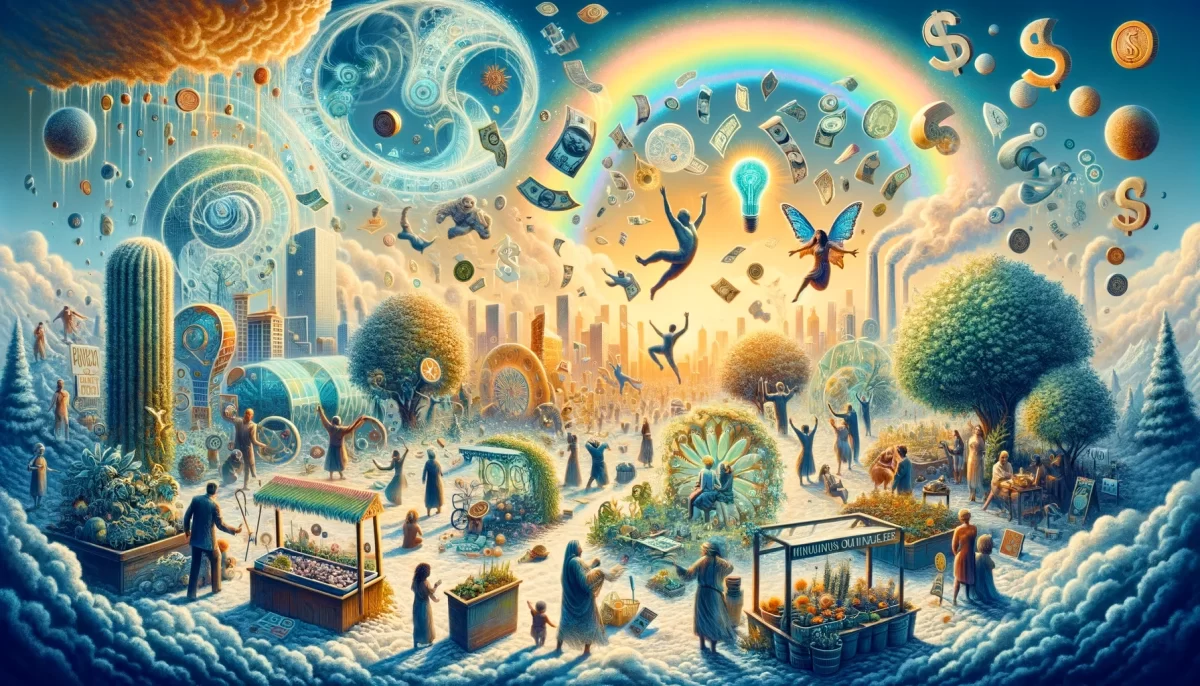
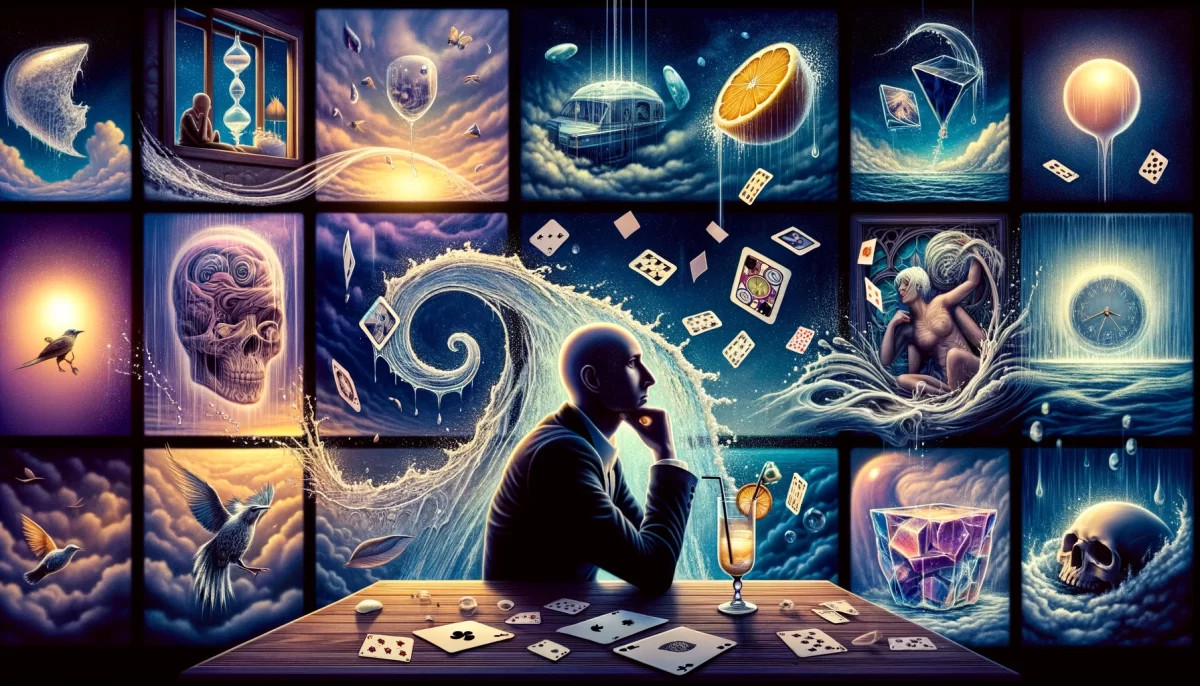







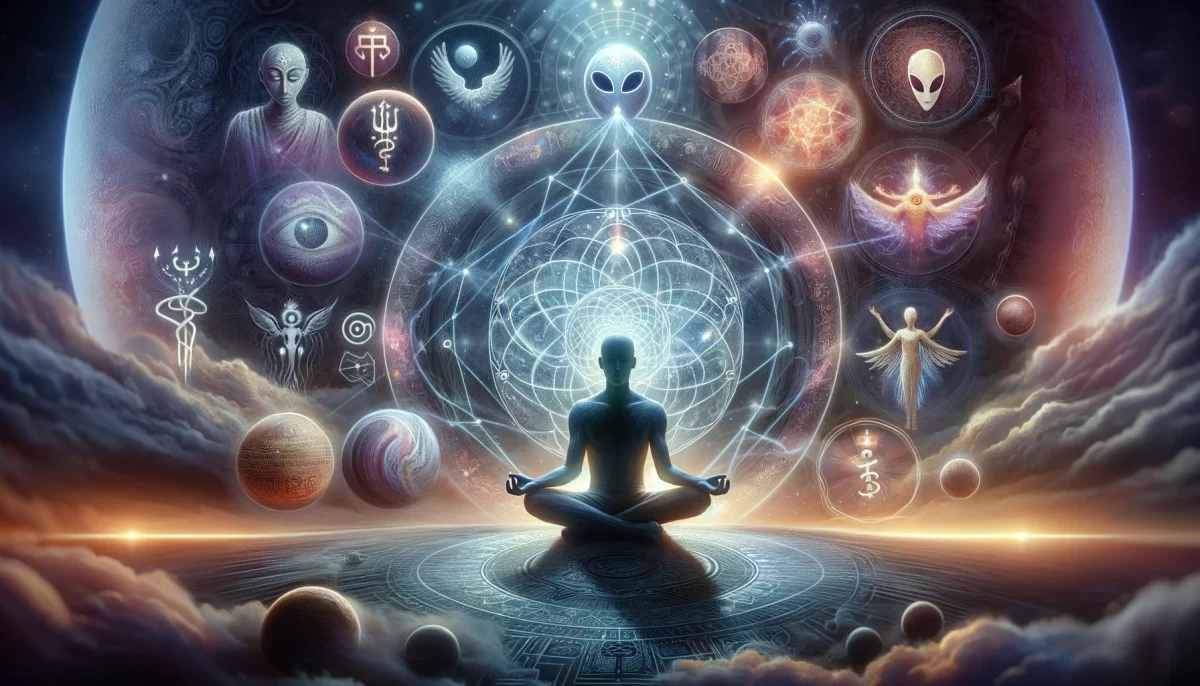
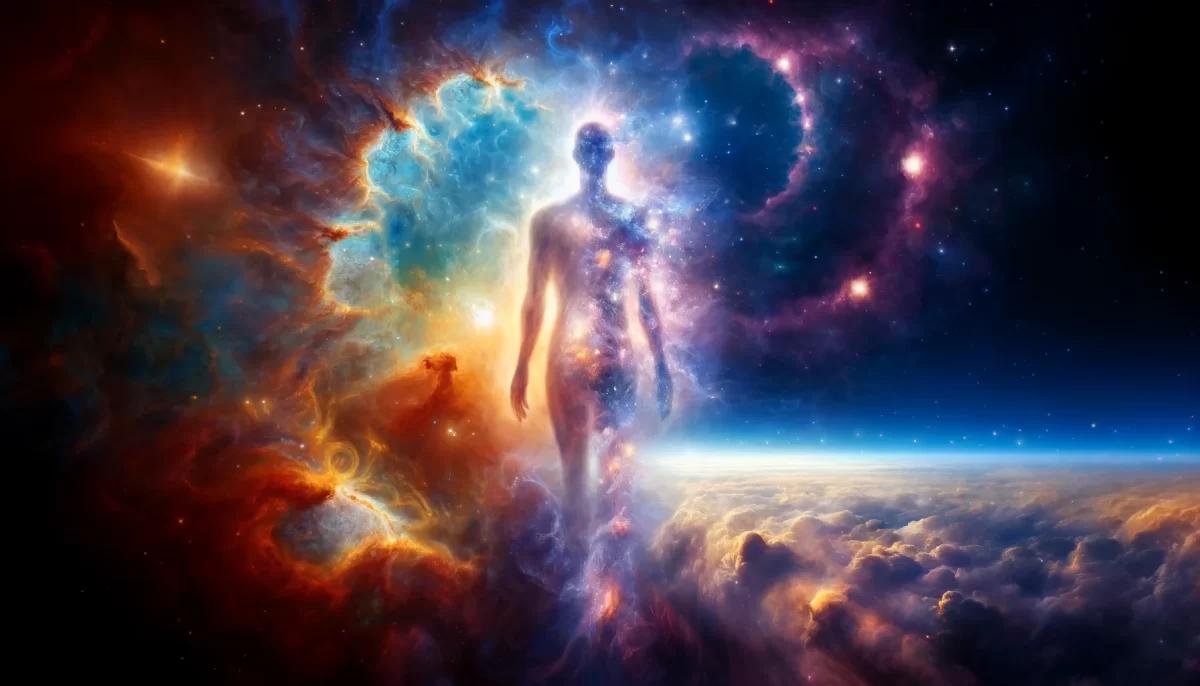

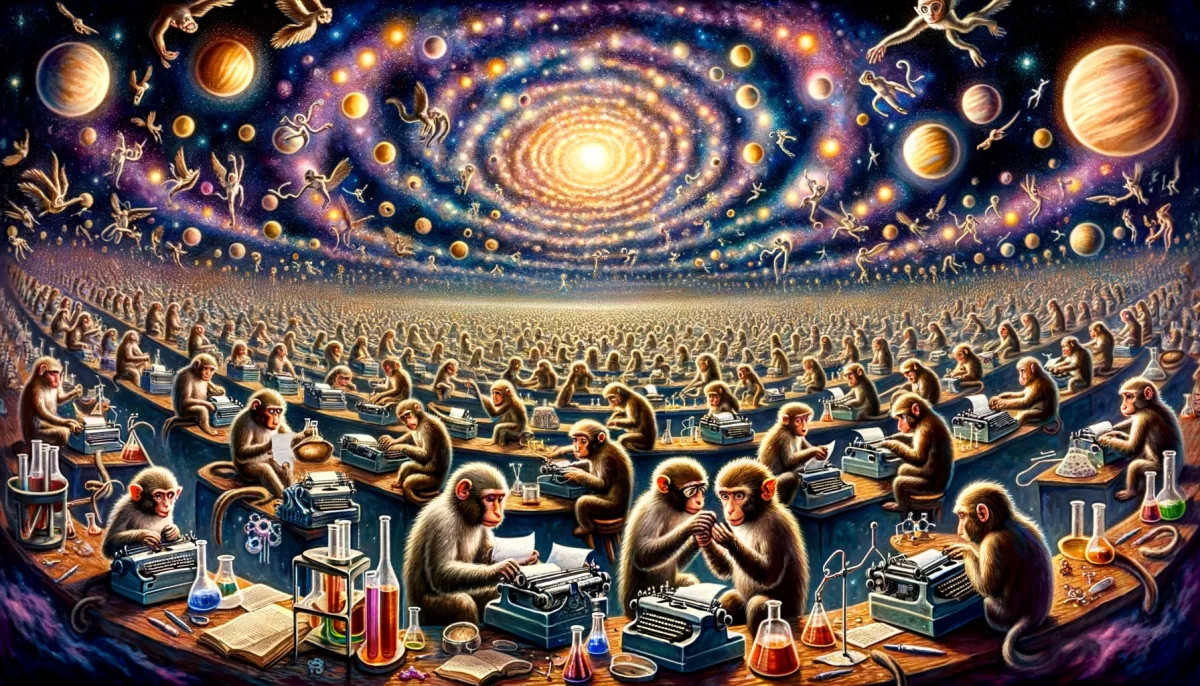
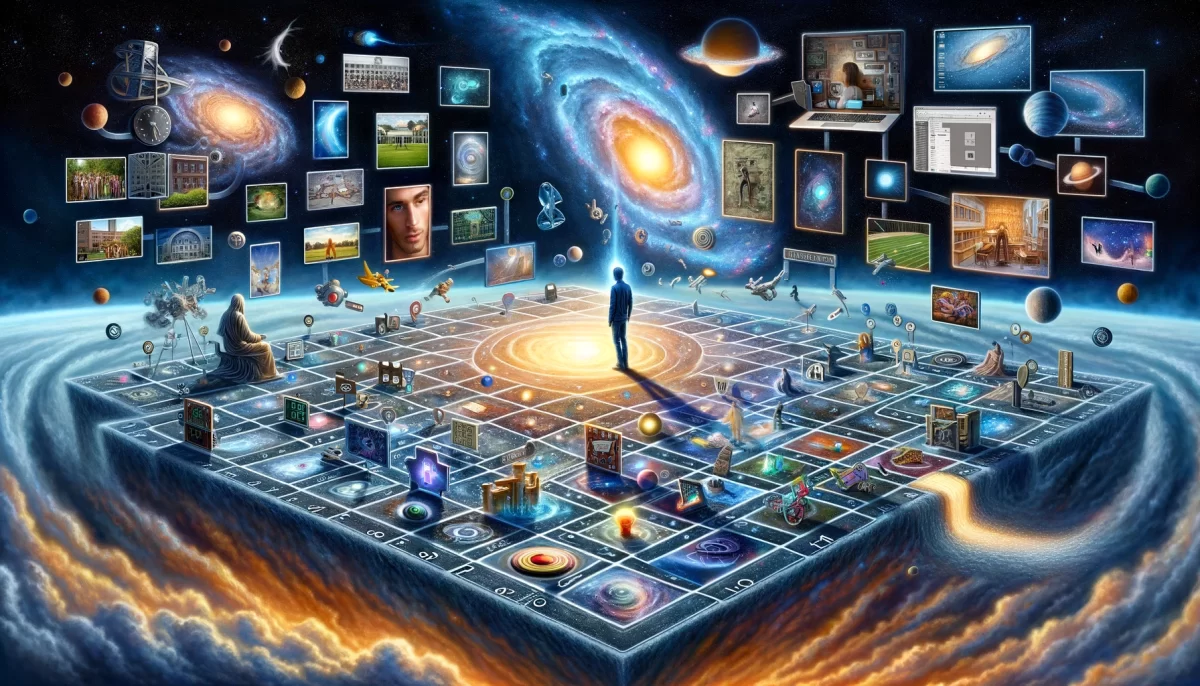

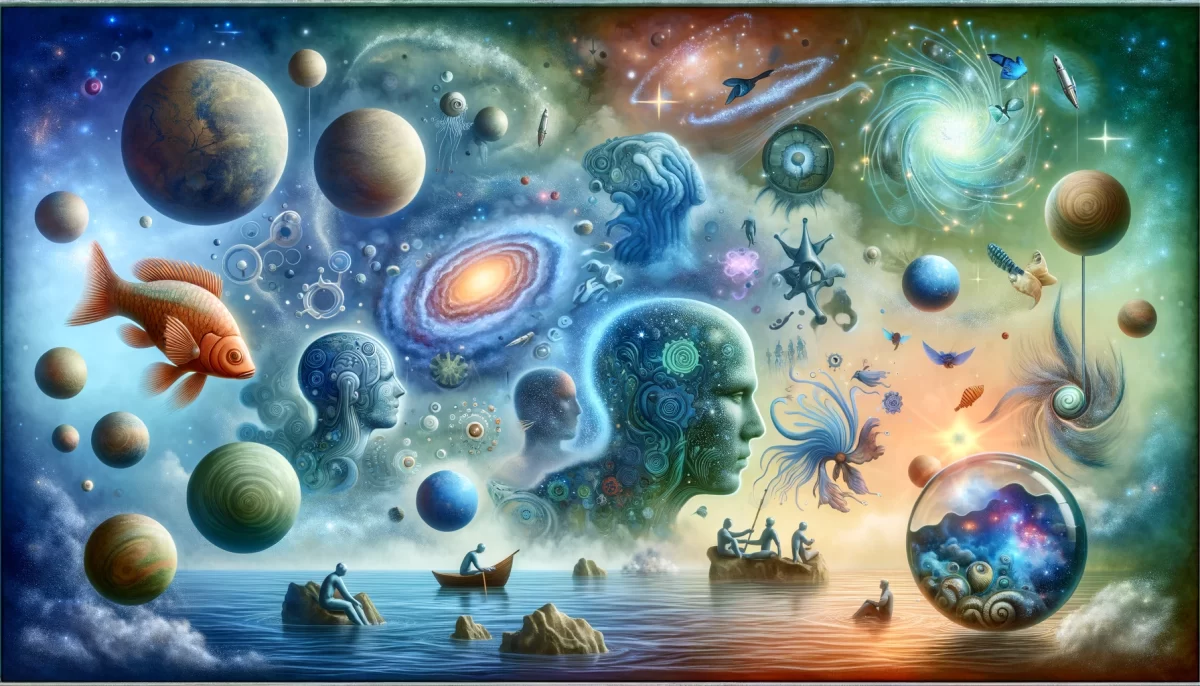
Leave a Reply